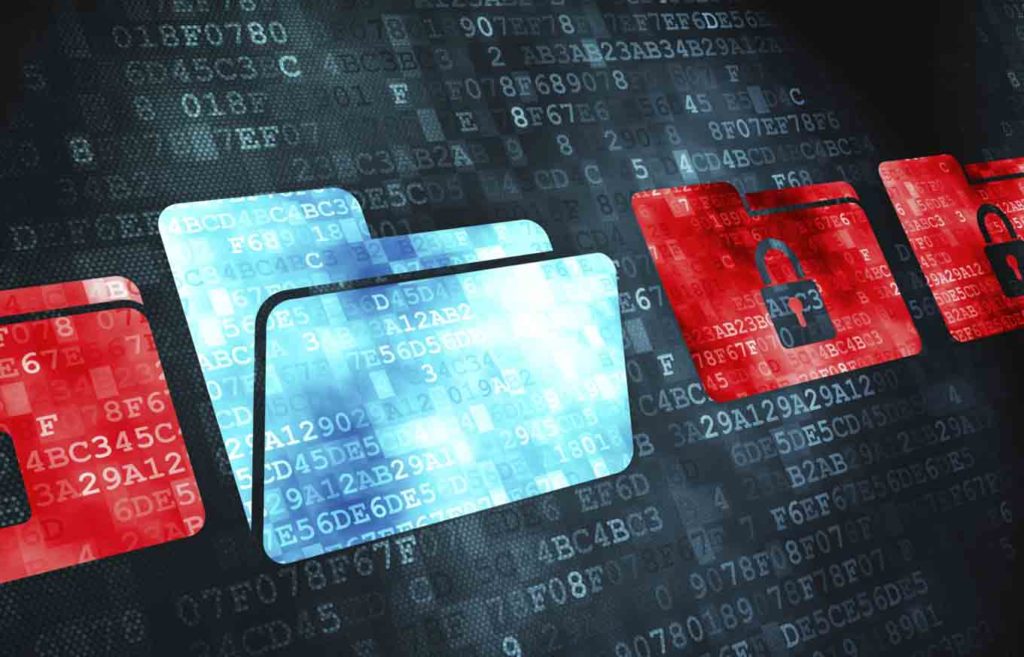Kaspersky Shuts Down US Operations Following Government Ban. Here is a quick look at the ban.
In a significant development, Russian cybersecurity giant Kaspersky has announced the closure of its operations in the United States. The decision comes in the wake of a U.S. government order banning the sale of Kaspersky’s software due to security risks. As of July 20, Kaspersky will begin winding down its U.S. business, leaving dozens of employees without jobs. Let’s delve into the details of this pivotal moment in the cybersecurity landscape.

The Kaspersky Ban and Its Implications
The U.S. Commerce Department’s ban on Kaspersky’s antivirus software to U.S. consumers was unprecedented. The ban cited increased security and privacy risks, primarily because Kaspersky is headquartered in Russia. The concern was that Russia could exploit Kaspersky to collect and weaponize personal information from Americans. U.S. Commerce Secretary Gina Raimondo emphasized this point during the ban announcement.
Gradual Wind-Down of Kaspersky
Kaspersky’s decision to gradually wind down its U.S. operations reflects the severity of the situation. The company acknowledges that its U.S. business is no longer viable. Independent journalist Kim Zetter first broke the news, revealing that fewer than 50 employees would be affected by the layoffs. Among them was Kaspersky spokesperson Sawyer VanHorn, who confirmed the company’s statement and the impending layoffs.
Legal Challenges and Sanctions
Initially, Kaspersky had planned to challenge the ban, asserting that it did not engage in activities threatening U.S. national security. However, the ban’s implementation left the company with limited options. After September 29, Kaspersky will no longer be allowed to push software or security updates to U.S. customers, resulting in degraded protection from its antivirus software.
The U.S. Treasury also sanctioned several senior Kaspersky executives, effectively barring U.S. customers from paying for Kaspersky’s software or transacting with any future company run by these executives. Notably, Chief Executive Eugene Kaspersky himself was not sanctioned.
A History of Tensions against Kaspersky
This is not the first time the U.S. government has taken action against Kaspersky. In 2017, during the Trump administration, Kaspersky software was banned across the federal government. The catalyst was a breach where Russian government hackers stole U.S. classified documents from an intelligence contractor’s home computer—a computer running Kaspersky software at the time.
Conclusion
Kaspersky’s exit from the U.S. market marks a significant moment in the ongoing cybersecurity battle. As the company winds down its operations, questions arise about the future landscape of cybersecurity solutions. For now, the ban remains in place, and Kaspersky’s departure leaves a void that other players in the industry may seek to fill. The impact of this decision reverberates beyond the company itself, affecting employees, consumers, and the broader cybersecurity community. Only time will reveal the full consequences of this pivotal move
You think you have a story worth everyone’s time? SUBMIT A STORY and we will publish it.
Share this content:




Post Comment